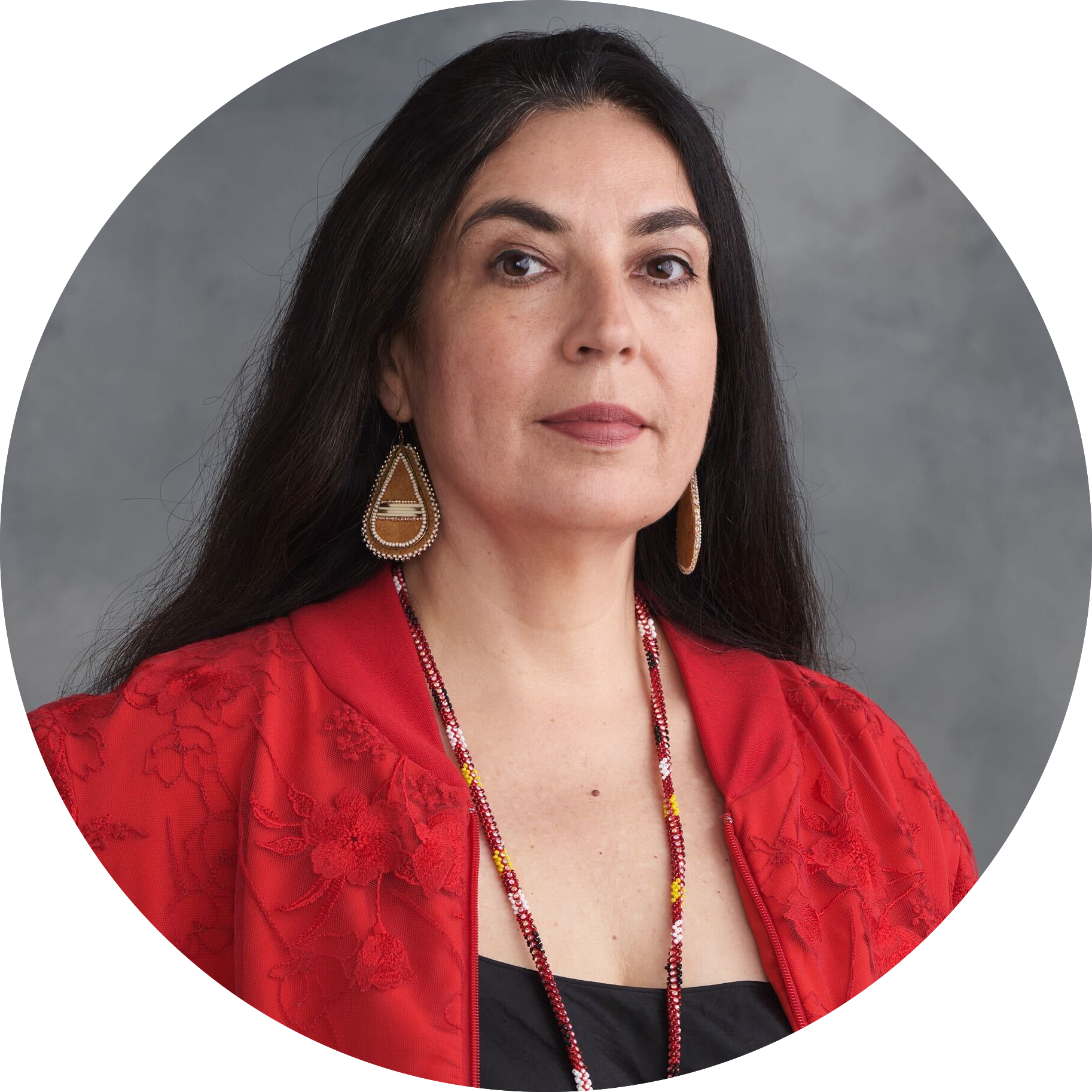
Alberta oil and gas companies could avoid cleanup costs by installing solar panels: government report
An Alberta government-commissioned report suggests oil and gas site companies may be able to install...
An undercover investigation by environment group Greenpeace has found some of the world’s most vocal climate science denial groups were willing to accept cash from fossil fuel interests in return for writing articles and reports that reject the impacts of greenhouses gases.
Greenpeace operatives posing as representatives of coal and oil companies were told that while the reports could be produced, there were ways that the sources of funding could be hidden.
Academics affiliated with leading US academic institutions Princeton and Penn State universities are implicated in the Greenpeace research.
According to a report on the investigation at Greenpeace's EnergyDesk website, Princeton's Professor William Happer had revealed he had accepted cash from coal company Peabody Energy in return for providing testimony to US congress but had routed the cash through a climate denial group. Happer also offered his services but said that a new climate science denial group, CO2 Coalition, should be used to channel the funds.
Groups including the Global Warming Policy Foundation and Donors Trust are also alleged to have been complicit in providing "peer review" services for fossil fuel clients and, in the case of Donors Trust, in providing an untraceable route for the fossil fuel payments.
The story comes as Happer is preparing to give evidence to a congressional hearing of the Senate Subcomittee on Space, Science and Competitiveness, chaired by Republican and presidential hopeful Ted Cruz. That hearing is scheduled for Tuesday December 8 and also calls fellow "sceptics" Dr John Christy, of the University of Alabama in Huntsville, Dr Judith Curry of Georgia Institute of Technology and conservative commentator Mark Steyn.
A DeSmogBlog investigation into Donors Trust and its partner group Donors Capital Fund found that between 2005 and 2012, some $479 million of income to the two groups was untraceable. Of the amounts that were traceable, DeSmog found that $7.65 million had come from the Knowledge and Progress Fund (KPF).
On the KPF board are oil billionaire and major Republican benefactor Charles Koch, his wife Liz and son Charles Chase Koch. Richard Fink, a Koch company director and long-standing aide to Charles Koch, is also a KPF director.
The Greenpeace investigation raises questions about the use of the Donors funds in financing climate science denial groups. Donors Trust, together with oil giant Exxon, have also funded the work of Harvard-Smithsonian affiliated researcher Dr Willie Soon, who claims carbon dioxide cannot change the climate.
Greenpeace also claims that CO2 Coalition board member William O'Keefe, a former Exxon lobbyist, had suggested in an email to Happer that Donors Trust be used as a route to conceal cash from a fictional Middle eastern oil and gas company.
The investigation also targeted Happer's work with the London-based contrarian group the Global Warming Policy Foundation, founded by former UK chancellor Lord Nigel Lawson. Greenpeace wrote:
Professor Happer, who sits on the GWPF’s Academic Advisory Council, was asked by undercover reporters if he could put the industry funded report through the same peer review process as previous GWPF reports they claimed to have been “thoroughly peer reviewed”. Happer explained that this process had consisted of members of the Advisory Council and other selected scientists reviewing the work, rather than presenting it to an academic journal.He added: “I would be glad to ask for a similar review for the first drafts of anything I write for your client. Unless we decide to submit the piece to a regular journal, with all the complications of delay, possibly quixotic editors and reviewers that is the best we can do, and I think it would be fine to call it a peer review.”
Asked for comment by Greenpeace, the GWPF said in a statement that it rejected Greenpeace's investigation, saying any claims it had offered to put a fossil fuel commission report through its own version of peer review were a "fabrication".
Content for Apple News or Article only Get the inside scoop on The Narwhal’s environment and climate reporting by signing up for our free newsletter. This...
Continue reading
An Alberta government-commissioned report suggests oil and gas site companies may be able to install...

This story about a lawsuit involving First Nations in northern Ontario has deep roots — in...

At a crucial point in their research, biologists are scrambling to find new support for...

